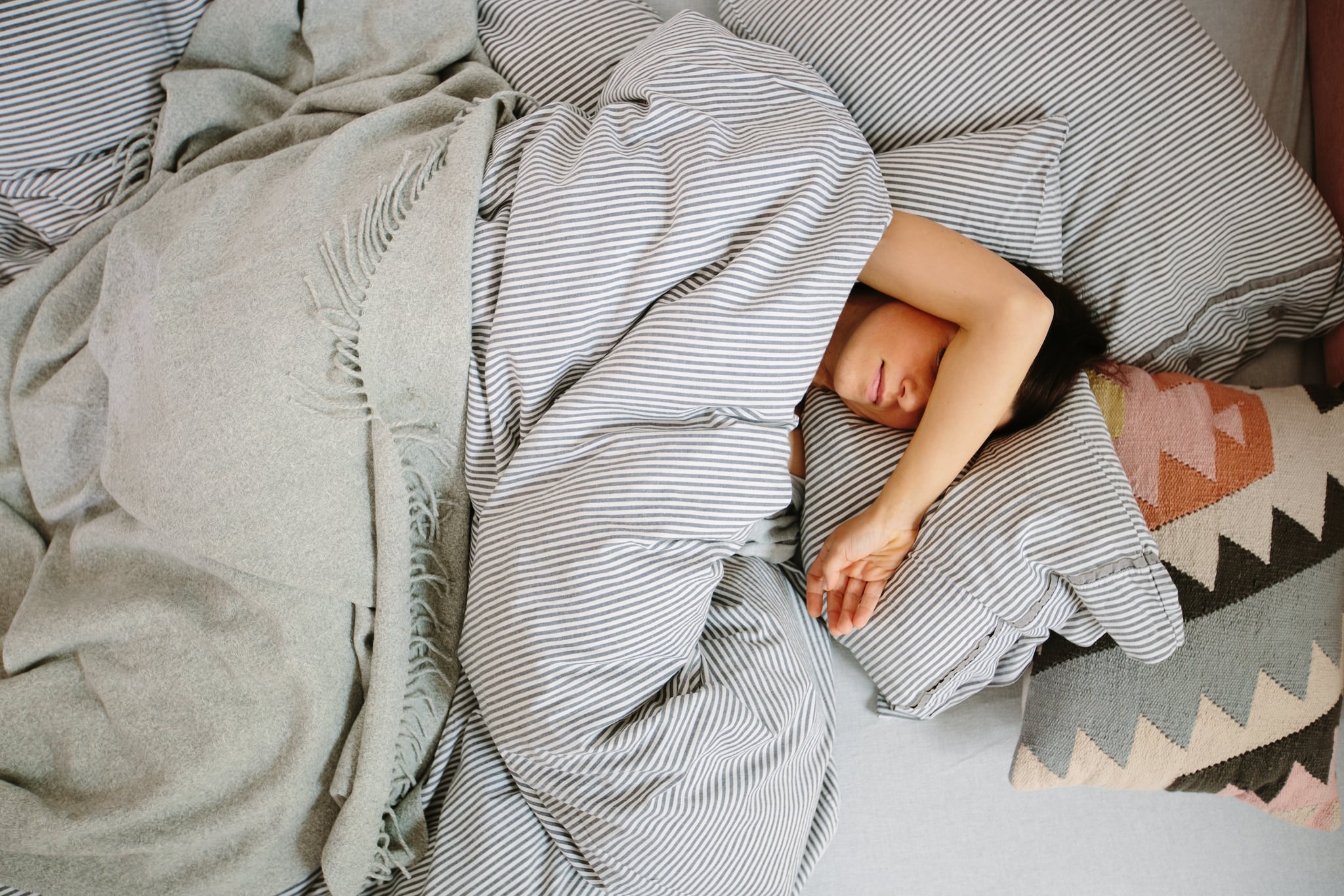
Some people can hit their alarm, hop out of bed, and run out the door for a brisk jog without a sign of sleepiness in tow. Others seem to need a good half-hour in their robe and slippers (and maybe a cup of coffee) to get their brains going, or at least cleared of cloudiness.
Ever wonder what this grogginess is all about? Turns out, there’s some science behind not being a morning person. You could be feeling the effects of a state called sleep inertia.
According to Dr. Cynthia Bodkin, a neurologist and board-certified sleep medicine specialist at Indiana University Health, sleep inertia is “the drive to keep your body asleep,” and it can be partially determined by genetics — hence the above example and why, she says, some need a cup of coffee or a shower to function in the a.m.
Research notes that sleep inertia side effects usually dissipate between 15 to 60 minutes, but Bodkin says certain things — like sleep deprivation or sleeping aids — can make sleep inertia worse.
Good news is there are also a few tricks that will help you work through this sleepy state. Try these tips for getting your brain awake and alert in the morning.
A Cup of Coffee Could Help
Here’s your motivation for setting the timer on your coffee machine. “Caffeine has been shown in some people to improve cognition and alertness,’ Dr. Bodkin notes. However, your morning brew isn’t a cure-all by any means. Dr. Bodkin says that benefits can vary depending on the duration of the use, and caffeine commonly comes along with side effects like anxiety, insomnia, irritability, panic attacks, and can even trigger heart arrhythmias.
“Typical doses studied are 30-300mg/day. One 8 oz. cup of coffee is about 70-150mg depending on the brew,” she adds.
Set a Sleep Schedule
Sticking to a regular bedtime might seem juvenile, but it’s key for helping you wake up in the morning. Dr. Bodkin suggests staying on a regular sleep schedule seven days a week, “including getting up at the same time every day.”
Log in Enough Sleep
Getting up and going to bed at the same time every day isn’t going to matter if you’re not logging in enough hours. On top of helping you reduce your stress levels, improve your mood, and maintain a healthy weight, getting an “adequate amount” of sleep can help get your brain up and running every morning. It’s generally recommended that adults get between seven and nine hours a sleep each night.
Open the Blinds
Yep, you should definitely open up those blackout curtains once your alarm goes off — Dr. Bodkin says that light exposure in the morning can help improve alertness.
Image Source: Getty Images / Sofie Delauw
